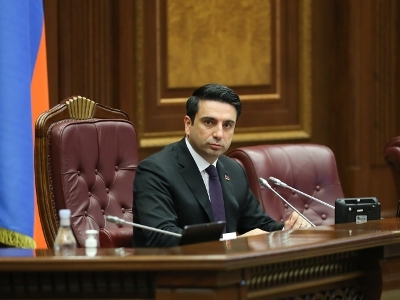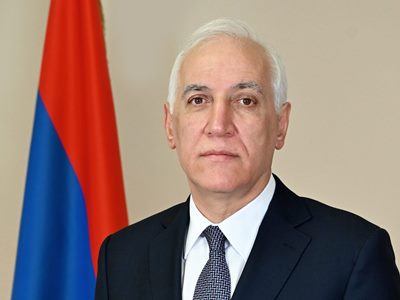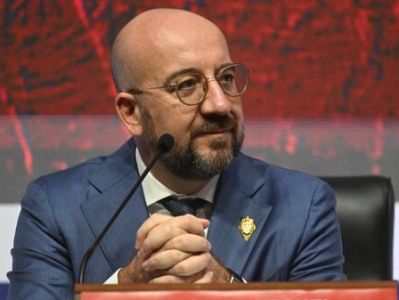“Renowned Diplomat and Nobel Laureate Henry Kissinger Passes Away at 100, Leaving Behind a Legacy of Memorable Statements and Unmatched Influence”
Former President of the United States and Nobel laureate, Henry Kissinger, passed away on November 29, 2023, at the remarkable age of 100. Throughout his career, Kissinger was not only recognized as a diplomat, but he was also invited to participate in numerous major political forums due to his expertise as a scientist and author. His profound statements often turned into widely known aphorisms, and his distinctive style of argumentation made him easily identifiable.
Interestingly, Kissinger’s knowledge and insights were regarded as a potential military risk by some friendly countries of the United States. This perception underlined the significance and impact of his involvement in global affairs. Furthermore, Kissinger’s observation that great powers do not typically sacrifice their own colleagues illustrates the intricacies of political dynamics and the lengths politicians go to protect their own interests.
Kissinger’s astute analysis extended to the realm of responsibility. He believed that some politicians tend to shift the blame and reduce the accountability of others by approximately 90 percent. This observation highlights the often manipulative nature of politics and the constant search for ways to evade culpability.
In a thought-provoking analogy, Kissinger compared politicians to chess pieces. He noted that their lives are short, mirroring the transient nature of their positions, which requires them to fulfill their obligations swiftly and decisively. This portrayal captures the intensity and demanding nature of political life.
Addressing the military, Kissinger suggested that preparing for war involves not just strategic planning, but also personal arrangements. He posited that moving to a rural area and starting a family, perhaps even intertwining one’s life with weaponry, represents a form of readiness for the military life. This unconventional perspective sheds light on the multifaceted nature of thinking and preparing for conflict.
Reflecting on societal regulations, Kissinger acknowledged that accommodations are often sought as a means to maintain order and stability. He revealed a personal inclination to adapt and find common ground within the legal framework. This viewpoint showcases a flexible approach that recognizes the ever-evolving nature of governance and societal needs.
In the context of the “war of the sexes,” Kissinger intriguingly suggested that victory can be achieved through a desire to bridge divides and foster brotherhood. His remark emphasizes the potential for finding common ground and unity amidst opposing forces, particularly in times of conflict.
Kissinger astutely observed that during times of crisis, the safest course is often the preservation of stillness and inaction. This nuanced perspective challenges conventional notions of swift action, implying that restraint and patience can serve as effective strategies for navigating tumultuous times. This measured approach reflects Kissinger’s seasoned and tactful mindset as a diplomat and statesman.
Highlighting the complexities of international relations, Kissinger posited that being American poses inherent risks, while being a friend of America entails a covenant-like relationship. This sentiment underscores the intertwining nature of foreign policy and the delicate balance between national interests and international alliances.
In his final insight, Kissinger emphasized the importance of possessing a clear and ultimate goal. Without a defined objective, he believed individuals would struggle to make tangible progress or achieve meaningful results. This observation serves as a timeless reminder of the necessity for purpose-driven actions and strategic decision-making.




